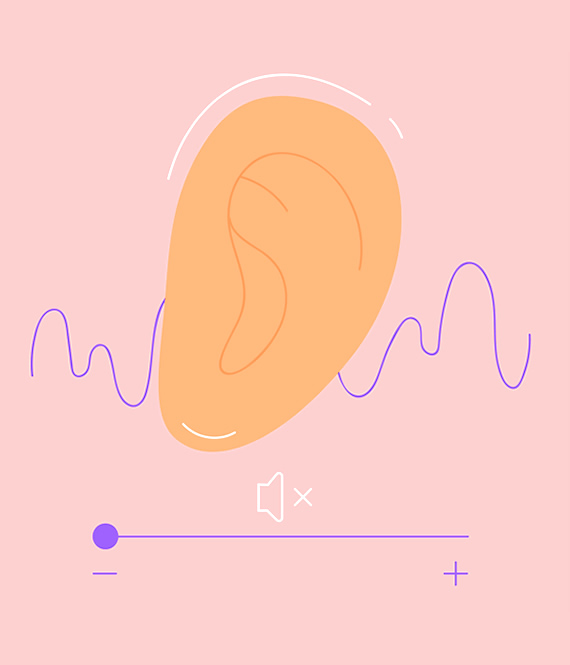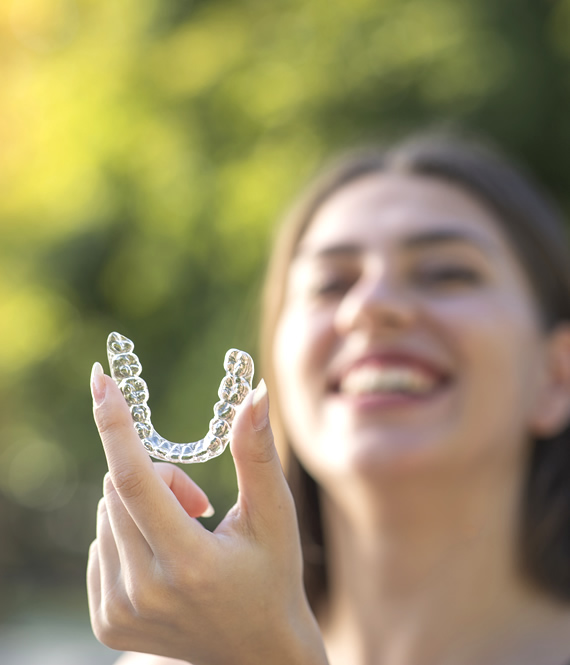
6 Major Health Benefits of Dental Work
We recommend helpful products in our articles. Read our full disclosure here. The content on this website is not intended to be a substitute for professional advice, diagnosis, or treatment.
You may think that brushing your teeth for the right amount, twice a day, and then flossing is enough to keep your teeth and gums healthy.
However, this is not true; even if you take really good care of your teeth at home, it is still very important to go to the dentist regularly.
A dentist can see things that you can’t see or feel, and going twice a year will help ensure you aren’t missing any serious concerns.
Not going to the dentist can seriously affect the health of your mouth but also the rest of your body.
For decades researchers have found that there is a connection between gum disease and cardiovascular issues.
The dentist is a notoriously dreaded appointment, but it is well worth it to go to avoid the following diseases as well as reap the benefits of oral care.
Prevent Diseases and Complications
Poor oral care can lead to a multitude of problems both within the mouth and in other parts of the body.
If you do not see a dentist regularly these can be missed, and you won’t learn the ways you can improve your routine.
When you do not prioritize dental work, you put yourself at risk for the following problems.
Gum Disease
Gum disease occurs when there is an infection in the gum tissues and bone, which is what keeps your teeth in place.
Some common factors that can increase the risk of developing gum disease include poor oral hygiene, diabetes, smoking, genetics, and hormonal changes.
When gums become diseased and are not taken care of properly, it can eventually cause teeth to fall out.
Gum disease can be reversed if it is caught early enough, but it is very difficult to tell how bad gum disease is on your own.
Going to the dentist is a way that you can be checked for gum disease by a professional and be sure to catch anything before it becomes too serious to fix.
Oral Cancer
If diagnosed early enough, oral cancer is highly curable.
Yet, according to The Oral Cancer Foundation, in the United States, someone dies every hour from oral cancer.
When you make regular visits to the dentist’s office, they also screen for any signs of cancer.
If you skip the dentist too often, you could be missing detection in the early stages which could save your life.
Hence, it’s essential to see your dentist right away, especially if you notice any of the following signs of oral cancer:
- A white or red patch on the inside of your mouth;
- A lump on your tongue;
- A sore that does not heal;
- A change in the way your teeth fit together;
- Difficulty chewing or swallowing;
- Pain in your mouth or throat;
- Numbness or tingling in your mouth or throat;
- Unexplained bleeding from your mouth.
By keeping these signs in mind, you can diagnose and treat oral cancer as early as possible, which is important in improving your chances of survival.
Cardiovascular Diseases
Scientists and doctors are not entirely sure about the connection between cardiovascular diseases and oral health, however, it is generally understood that strokes and clogged arteries can be linked to oral health.
When your gums or teeth become infected, it causes inflammation and an increase in bacteria, which is thought to sometimes contribute to heart diseases.
Endocarditis is an infection of the inner lining of the heart chambers or valves.
This disease usually occurs when bacteria and germs from another part of your body spread through your bloodstream and attach to areas of the heart.
Gum disease and other infections in the mouth can enter the bloodstream, putting you at higher risk for endocarditis.
Pregnancy and Birth Complications
Pregnancy can actually increase your risk for oral health issues, and in turn, these issues can affect your pregnancy, so dental health is extremely important during this time.
When women are pregnant, there are changes in hormone levels that can increase the risk of health problems.
Likewise, your eating habits could change, which can affect the health of your mouth and you may not even realize it.
Being pregnant can also increase your likelihood of getting gingivitis, which is an inflammation of the gums.
Around sixty to seventy-five percent of pregnant women develop gingivitis.
While pregnant, going to the dentist regularly and keeping up with at-home oral care is extremely important.
Keep All of Your Teeth
If you want to avoid needing veneers or dentures in the near future, you may consider going to the dentist more often.
Going to the dentist regularly to check for any diseases and also get a cleaning is one of the most important ways to keep all of your teeth.
Moreover, by seeing a dentist, you can check whether there are tooth problems that should be addressed to avoid further complications.
For example, if your wisdom teeth haven’t come through correctly, are infected and painful, or starting to impact your surrounding teeth, its removal may be necessary to prevent these issues from occurring in the future.
Therefore, if you decide to get your wisdom teeth extracted, consult a dentist promptly to start the dental work as soon as possible.
Bad Breath Prevention
Good oral hygiene is the key to avoiding bad breath.
Studies show that around 85% of individuals who have persistent bad breath can blame it on a dental problem.
When you go for regular checkups at the dentist, they can check for anything that could be contributing to bad breath and help you fix it before it gets worse.
Improve Your Smile
Dentistry doesn’t always have to be about preventing and treating disease; one of the other benefits of consistent dental care is the appearance of your smile.
Cosmetic dentists specialize in procedures that improve the appearance of the teeth and mouth, such as teeth whitening or dental bonding.
Regular visits will also help keep your teeth white and shiny so you are less likely to need a cosmetic dentist.
Maintain Physical Health
Recent studies have found that heart attacks and strokes can be linked to poor oral hygiene and gum disease.
Gum disease, which is also called periodontal disease, burdens the rest of the body by causing inflammation.
Individuals with gum disease have about two to three times the risk of having a serious cardiovascular event.
Protecting Oral Health
Knowing what poor oral health can do to you is one thing, but it is also important to know how to prevent these issues.
Going to the dentist regularly is a very important part of ensuring that any issues that develop are handled early on so that they do not turn into anything more serious.
There are lots of things you should be doing at home to prevent any problems at all.
One huge part of practicing good oral hygiene is to brush your teeth at least twice a day for two minutes each time.
Brushing helps remove plaque and keep your teeth and gums healthy, and using fluoride toothpaste will help maintain good tooth enamel and prevent any decay.
Flossing daily is also extremely important for keeping your teeth and gums healthy because it also removes plaque that can collect below the gum line and erode tooth enamel.
This can eventually lead to the development of tartar, which can cause tooth discoloration and decay.
Flossing also reduces the risk of cavities and gum sensitivity, which can both be very painful.
Going to the dentist is vital for protecting the health of your mouth as well as your general health, however, you have to put in the work each day at home as well.













Leave a Comment